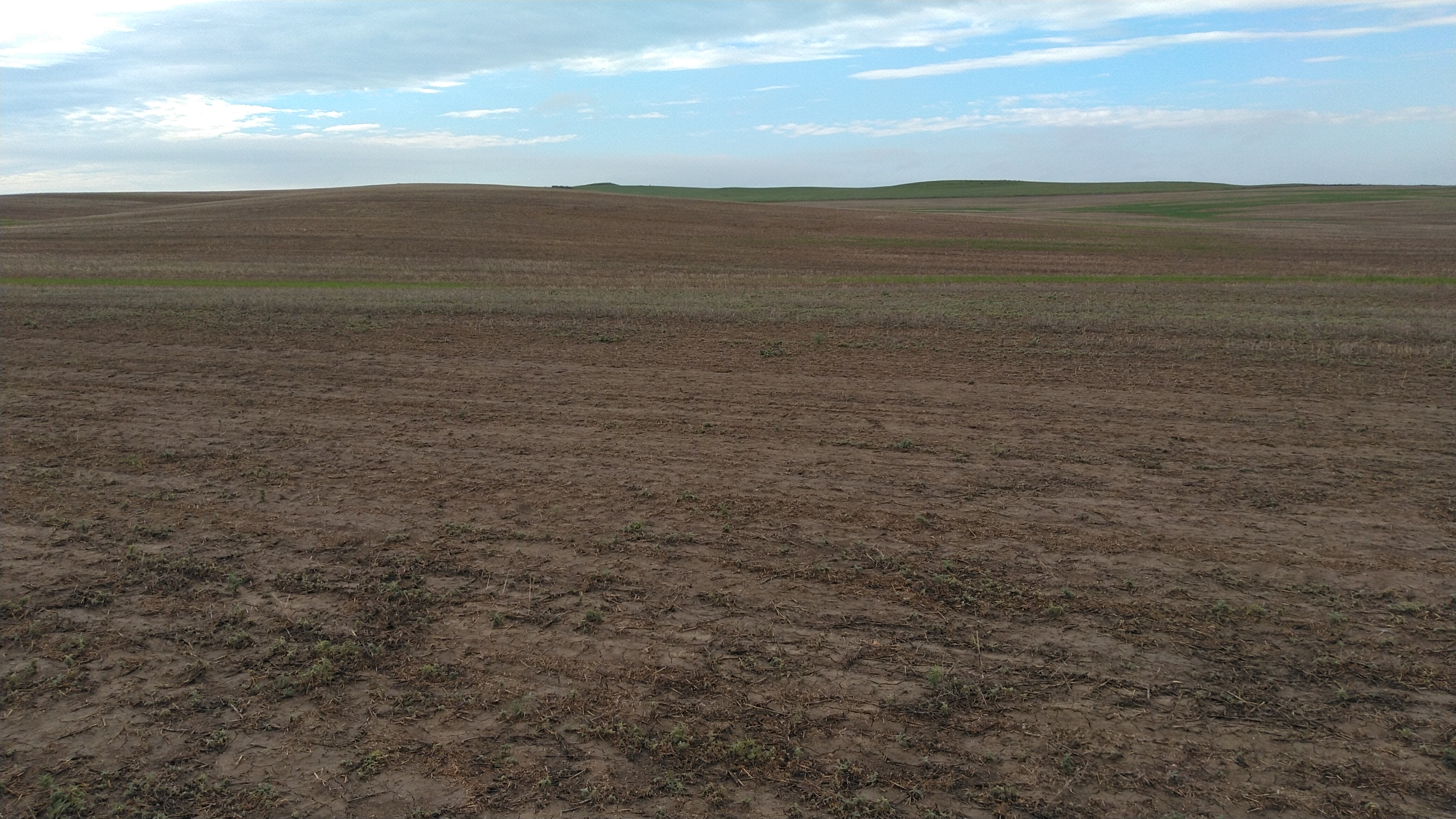
Richland County
Grasshoppers Wreak Havoc in Richland County
Published: 2022By Marley Manoukian
Hazard outlook maps provided by the US Department of Agriculture-Animal and Plant Health Inspection Service (USDA-APHIS) showed that the spring and summer of 2022 would bring high populations of grasshoppers to Richland County and the surrounding area. Richland County Agent Marley Manoukian partnered with the Agricultural Research Service (USDA-ARS) Northern Plains Agricultural Research Laboratory and USDA-APHIS to provide a Grasshopper Workshop to address these issues.
The Grasshopper Workshop was offered both in person and online. Producers were eager to learn about grasshopper biology and how they could manage pests on rangelands and in their crops. Sixty participants took in the workshop in person, and an additional 138 participants joined online. USDA-ARS Northern Plains Agricultural Research Laboratory scientist Dave Branson explained grasshopper biology, life cycle, and species identification characteristics. Gary Adams, USDA-APHIS State Plant Health Inspector, provided the audience with an update on USDA-APHIS control program and provided control options for grasshoppers in rangelands. MSU Extension Specialist Kevin Wanner also provided control options for grasshoppers in crops. This workshop provided producers with the knowledge and tools to help control grasshopper populations.
Following the workshop, many producers reached out to the Richland County MSU Extension for pesticide recommendations for grasshoppers in their rangelands and crops, as well as to discuss crop damage they had experienced due to grasshoppers. Manoukian was asked to visit sites and assess grasshopper damage in crops and rangelands. In some instances, grasshopper populations were so high that even multiple pesticide applications couldn’t control them, and total crop damage was experienced.


